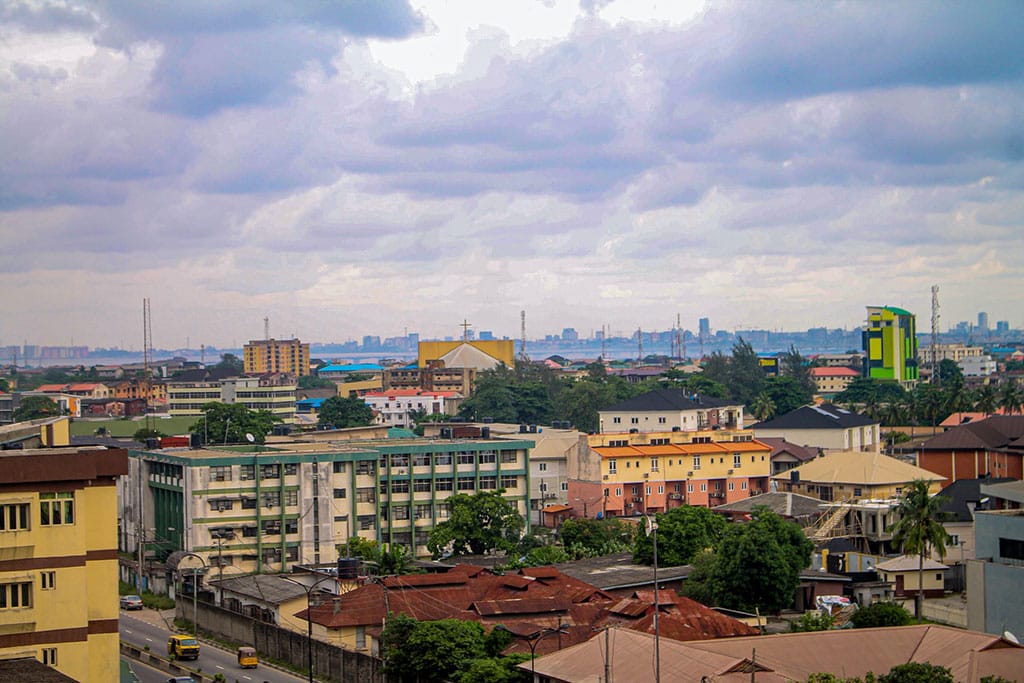
It is not by chance that the European Commission’s president, Ursula von der Leyen, visited twice the African Union headquarters in Ethiopia during her first 100 days in office. The latest European Union’s Strategy on Africa, released in March 2020, leans on five pillars: green transition and energy access; sustainable growth and jobs; peace and governance; migration and mobility; and digital transformation –the latter being placed as the second priority on the list.
The European Union brings in and upgrades technology in Sub-Saharan Africa as part of the EU’s foreign policy, at a time when China and the United States are determined to become a major player in the region, both in the competition for influence and through access into new markets. However, Africa is far from being exclusively ground of battle: African states perceive the increasing role of technology as the opportunity to move up in the value chain to higher-value activities and to upgrade its global positioning on the global economy, with “African solutions to African problems”.
The digital mapping of Sub-Saharan Africa: a scattered and concentrated patchwork
Africa’s digital transformation ecosystem is not homogeneous in geographical terms, financial resources, and skilled workforce. Sub-Saharan African is composed of a growing conflation of entrepreneurs, technology venture companies, and innovation hubs which start to coalesce across borders. Lagos’ Yaba district, in Nigeria, is being turned into a start-up landscape, including fintech, entertainment, transport, healthcare, and legal technology services. It allows talent attraction, avoids brain drain, and encourages youth to study and join the innovation arena. Leading e-commerce companies in Africa (Jumia, Konga, and MallforAfrica) were founded by Nigerian people who went back to their home country after earning degrees in the United States. Likewise, Kenya starts to be labelled the new “Silicon Savannah”, with a robust government-led public policy framework which addresses broadband connectivity for both urban and rural areas, 5G, artificial intelligence, or cyber security tools for the private sector and critical infrastructure. Kenya is as well the departure point for one of the most important technology leapfrogging projects within the African continent: in 2007, the Kenyan telecom company, Safaricom, launched M-PESA, a service that integrates digital pay systems in people’s mobile phones. This project was rapidly spread out across the region.
Sub-Saharan Africa digital and technological mapping is rapidly increasing, but still it has the limitation of being scattered over the region and concentrated in specific locations. The second challenge is how to handle the social and economic impacts that this digital transformation will admittedly have on a region whose informal economy accounts for 55% out of the total. Software integration into businesses, Internet access, reduction of transaction costs with third-party, smartphone and broadband penetration ratios, and e-commerce are some issues which require public-private partnership by means of formalized plans. If the popular economy is to transition towards a formal economy, this shift must be checked and balance through protection systems for affected people, as well as with warranties and guarantees of compensation, if needed. Work automation might likewise have major consequences if there is no forward-looking, preventive actions which are grounded on professional retraining and local particularities. The third challenge is the very in-house inter-African competition. The African Union agreed upon the African Continental Free Trade Area, but it lacks a cohesive framework to address important issues, such as technology transfer among countries, information-sharing, and tax and financial harmonisation vis-à-vis processes and products from this digital ecosystem.
The European Union’s role
China and the United States take part in this expanding scenario. However, it is important to remark that both countries carry out two completely different approaches. The United States tends to promote endogenous technology solutions, whereas China focuses on an active export policy of its own products towards African countries and markets. US-based IBM and Google seek pre-existing African digital hubs in order to invest in them. IBM launched the “Lucy Project”, a US$100 million initiative over the 2014-2024 period, which works with the Nairobi City Council (Kenya) in the spread of pilot projects within small businesses across the capital. The objective is to explore and better implement the benefits of artificial intelligence within these small companies’ services, such as water, agriculture, transport, and financial inclusion. The Lucy Project is expanding rapidly in South Africa too. So did Google in Ghana, where the company partners with agricultural and farming associations to get disease diagnosis through AI. Similarly, Facebook and Google fully fund the first African master’s in machine learning. On the other side, China pursues another way forward: China offers African governments loans related to Chinese technology acquisition, installation, and maintenance, in projects such as traffic management and facial recognition systems in urban areas.
This explains why the European Union has decided not to lag behind and has incorporated digital transformation as one of the priorities in EU’s relationships with Sub-Saharan Africa. An important take away from this strategy is to reverse down the traditional dynamic of “supplier-recipient” between the EU and Africa, respectively. The EU has set up a roadmap oriented to partnering with Africa in order to boost Africa’s digital transformation. This plan is based on regulatory convergence; strengthening of personal data protection; investments in sustainably key infrastructures; digitization of African public administration systems alongside more e-services across all regions within a country; collaborative formation and training in technology and digital affair; and the robustness of data flows security systems. The objective is to enhance smart and green cities, bridge the gap with rural areas, foster a human-centred, efficient agriculture, promote new economic sectors with local companies, keep away from new layers of insecurity –such as cybercrime–, and improve public sector’s transparency.
Africa is the ground of experimentation for third countries and companies, again. Uber tests new service models in African countries so that they can improve potential limitations on GPS, or the adaptation to African digital payment systems. Initial commercial drone delivery schemes are being developed In Ghana and South Africa. In a context wherein African countries are still searching for its own national plans –as it occurs with the shortcomings of national cyber security strategies–, EU’s cooperation with the African digital and technology ecosystem appears as an opportunity which needs to be addressed horizontally. First, it can trigger confidence-building measures between both regions, and against Chinese and US approaches; this can help out to promote UN’s Sustainable Development Goals and the promotion of human rights. Second, if it is true that the European Union does not have the same diversity and highly-advanced technology level that China and the United States, the EU can develop a long-term oriented plan in Africa in order to integrate new products and develop the early-staged ones.
The upcoming EU-African Union Summit and the EU-Africa Business Forum will take place this October. The European Union admittedly knows that part of its own future within the global technology competition and as a value-based union lies in Africa, with a new peer-to-peer narrative. Specific, tailored responses will drive the European Union’s technology and digital foreign policy to find its own way with Africa.


